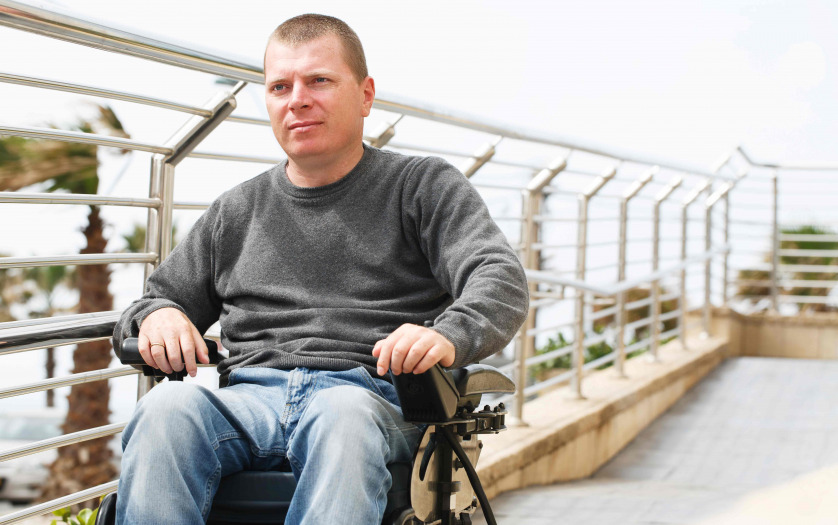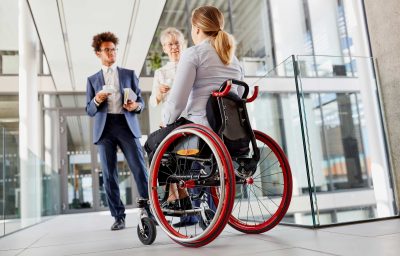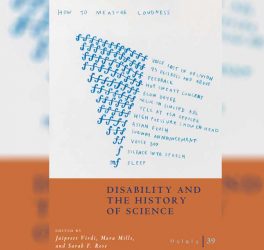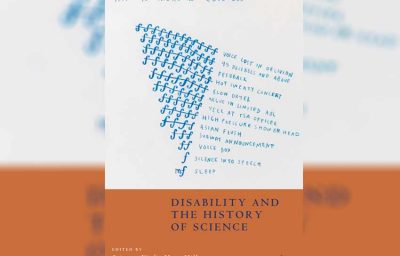
The University of Arizona Sonoran Center for Excellence in Disabilities was awarded two grants totaling more than $1.3 million to address unmet needs for people with disabilities in Arizona’s Tribal communities.
According to the U.S. Census Bureau, the disability community makes up about 27% of Arizona’s nearly 272,000 Native American population. About 12% of Native Americans in the state have a disability that requires the use of a wheelchair, cane or crutches.
The two grants establish the foundation for the Native Center for Disabilities, administered by the Sonoran Center for Excellence in Disabilities in the UArizona College of Medicine – Tucson’s Department of Family and Community Medicine. The Native Center for Disabilities will provide on-site and virtual trainings, continuing education, workshops, community events and other disability and culturally related services.
These efforts will contribute to improving the quality of life for people with disabilities with a focus on Tribal Nations and urban populations with significant Native representation.
Tribal communities across Arizona will have input in the development of the new center through talking cirles, a traditional community discussion format. Talking circles are used by many Native American communities throughout the U.S. and will help initiate an effective, culturally based strategy for community engagement and outreach efforts.
“Far too often the needs of our people with disabilities go unrecognized and opportunities become less and less as they age, leaving them and their families feeling hopeless,” said Mildred Manuel, deputy director of the Pascua Yaqui Tribe Education Division and member of the Sonoran Center’s Community Advisory Council. “We are pleased to see the work being done by the University of Arizona Sonoran Center and look forward to being part of this new opportunity for our Native American communities and our people with unique needs.”
Sonoran Center Executive Director Wendy Parent-Johnson, PhD, previously partnered with Jim Warne, of Warrior Society Development, on the development of a similar center at the University of South Dakota. Warne will serve as one of the Tribal member administrators for the Native Center for Disabilities and other related tribal programs.
Funding for the development of the Native Center for Disabilities comes from the Arizona Developmental Disabilities Planning Council.
“We are excited to begin work with the Sonoran Center on establishing the Native Center for Disabilities,” said Melissa Van Hook, chair of the Arizona Developmental Disabilities Planning Council. “We hope that with tribal leadership and active tribal involvement, that this center will spark the changes needed to fully include tribal members with disabilities in their communities.”
In tandem with the development of the Native Center for Disabilities, the Sonoran Center is working on a newly funded project that aims to help Native American youth and young adults with intellectual and developmental disabilities gain access to competitive and inclusive employment.
The Finds Their Way: Communities for Youth Transition project, funded by the U.S. Department of Health and Human Services, will leverage the expertise of a diverse group of individuals who represent Tribal youth, advocacy organizations, Native special education and rehabilitation services, and state agencies to help youth and young adults find inclusive employment.
“Transitional services for Native American youth are an essential resource and support to help with planning their future after high school,” said Treva Roanhorse, a consultant for the Native Center for Disabilities, and former executive director for Navajo Nation Office of Special Education and Rehabilitative Services. “I commend the Sonoran Center and Jimmy Warne for their commitment to Native American youth with disabilities, education and the future.”
The goals of the five-year project are to improve outcomes for Native youth with intellectual and developmental disabilities and build a model framework that can be replicated for other Tribal and underserved communities.
“We are honored to have these partnerships and opportunities for collaborating to improve services for Tribal members with disabilities guided by the value of Native people serving Native people as the foundation of this work together,” Dr. Parent-Johnson said.








